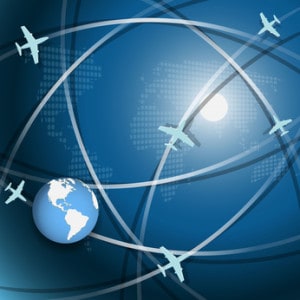
When RT Insights’ International Technology Editor Dr. Opher Etzion was a programmer in the Israeli Air Force, an analyst there studied aircraft accidents that involved birds. Here, Dr. Etzion shares the statistician’s conclusions following the statistical analysis.
When I was a young programmer in the Israeli Air Force, an analyst there did a long study on aircraft accidents that involved birds. After a long statistical analysis, the statistician came to two conclusions:
1. There are more accidents during birds’ migration periods and
2. There are more accidents in the northern part of the country.
These conclusions are indeed valid but they are trivial. This is because most of the birds in the country are migrating birds and pass through the northern part of the country. Hence, the conclusions off er no real insight into how to reduce aircraft accidents.
Since that time, every time I see statistical reasoning that leads to a trivial conclusion, my instinctive reaction is, “Here comes another birds report.” The recent trend in analytics creates the perception that statistical reasoning subsumes everything.
In a Harvard Business Review blog entitled “Why Data Will Never Replace Thinking,” Bloomberg View columnist Justin Fox off ers the opinion that, with enough data, science becomes obsolete. Fox observes that basing a hypothesis upon past data is problematic. The past is not a perfect predictor of the future. That is equivalent to saying that one can drive by looking only through the rear-view mirror, assuming that the road ahead is exactly like the road behind us, an obviously faulty hypothesis.
“There are certainly advantages to using statistical reasoning and learning from the past, when the – end result is nontrivial and useful. However, statistics cannot replace science or commonsense reasoning and human intuition.”
Using the rear-view mirror driving analogy, there are times when the driver needs to react to situations which he or she has never before experienced and do so quickly. This situation may be an emergency such as the vehicle hydroplaning on a rainy highway or facing a head-on accident. The processing of these events may be done by using past experience, by applying human knowledge and intuition to create reaction rules or by on-the-spot intuition. Creating rules for future behavior cannot easily be done by statistics alone.
An aircraft pilot cannot rely on statistical insights and guarantee that bird-related accidents will be eliminated. Likewise, it is crucial for any business to constantly monitor all incoming events in order to detect actionable situations. Statistical analysis of past data does not always provide an accurate view of the future. Businesses must also employ organizational knowledge, policies and domain expertise. Event processing techniques and applications are required to achieve this goal.





























